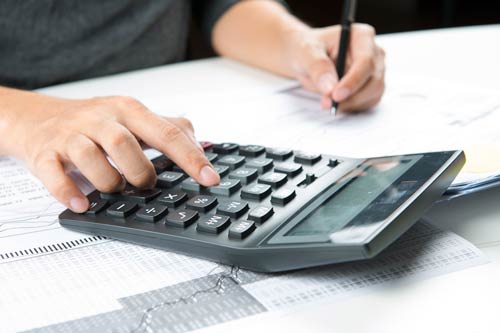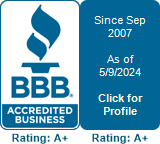Goodwill and How to Account for It
- By Admin
- •
- 29 Oct, 2018
- •

The concept of goodwill is hard to explain, but it's a key element of any business. You might be asking yourself: What is goodwill? How should your keep track of your business' goodwill? And why is it important?
Here are a few answers to these questions about this intangible business asset.
What is Goodwill?
Goodwill is what is called an intangible asset. An intangible asset does not have a physical form (like a building, equipment, or a vehicle) but still adds value to your business.
In this case, that value added is the value of your business reputation, your potential future earnings, your client relationships, your customer lists, your trade secrets, and your branding. It's how customers recognize your business and what they think of it, what growth is likely in the future, and how much they recommend you to their friends.
Most businesses are worth more than the sum total of their physical assets. That is positive goodwill. But you can experience negative goodwill if the total value is lower than the sum total of those other assets. This happens when a company is purchased for less than its assets are worth. The buying company then books the difference as income to them.
How is it Calculated?
Obviously, it's hard to calculate something as nebulous as your business' intangible value for profit. Many business owners, in fact, tend to overestimate the value of their goodwill. This is a normal affect of being too close to your subject, putting so much work and heart into it, and having less experience in business valuation.
But accountants can help you determine a good estimate of goodwill through several different methods. One method is to start with the big picture. For example, by making an estimate of your business's overall value as compared with similar business setups in your industry or region, you can subtract out the value of actual physical assets. The remaining amount is your business' intangible goodwill value.
You could also opt to determine goodwill by estimating how long it would take you to rebuild your business to its current state from scratch. Multiply the number of years by its current income levels to determine how much it's really worth.
The value of specific parts of the business — like the client list — is often estimated by noting how long it took to grow the contacts and how much future income potential the clients offer.
How is it Tracked?
So, when and how should you keep track of goodwill? There are a few situations where a goodwill value is necessary, such as when merging or selling your company. If you're thinking of doing either one, an accurate value is vital to getting what your business is really worth. And because it's considered an asset for accounting purposes, goodwill should often be included on the company balance sheet.
Obviously, goodwill rises and falls in value regularly. This makes it important to reassess your valuation on a regular basis — perhaps once per year or every other year. This way, you will always have a more accurate picture of your company's success and ensure things like proper insurance coverage and accurate loan requests.
What Should You Do Next?
Determining goodwill value is challenging, so don't attempt to calculate the numbers on your own. You're more likely to end up with an over- or under-estimated dollar amount.
A professional accounting service can help create the most accurate assessment no matter what you need it for. At Williams & Associates Tax Services, we are here to help with all your business needs. Call us today for an appointment.











